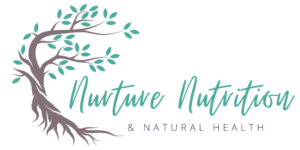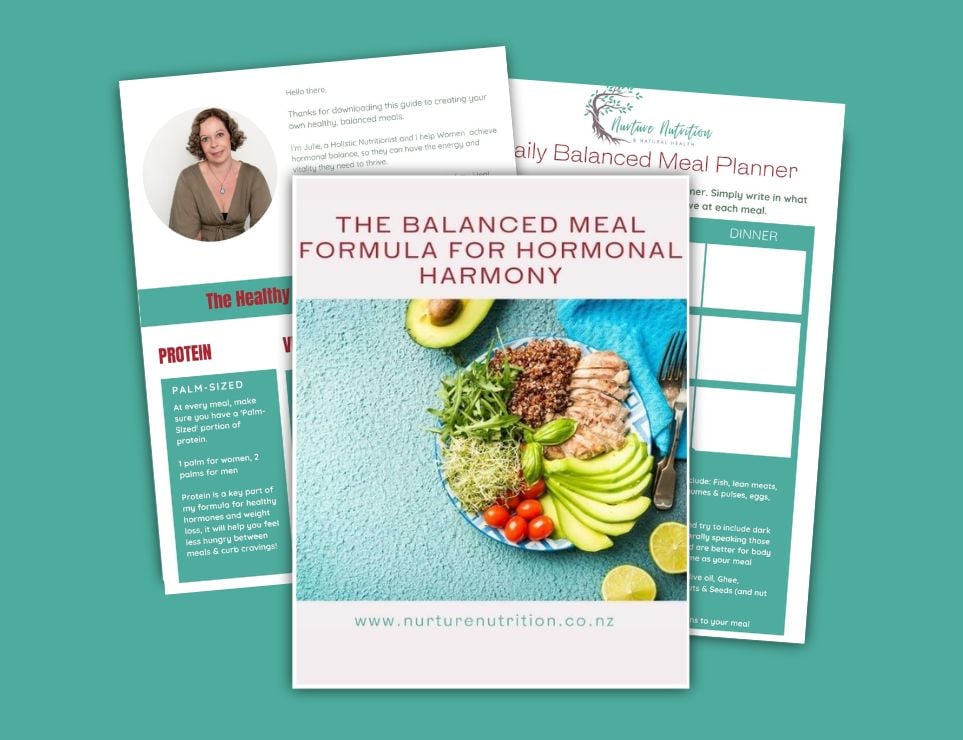Magnesium is the single most important mineral for stress relief. Given that the vast majority of my clients are busy Women, it is no wonder that Magnesium is the most prescribed supplement in my online clinic. Find out more about what Magnesium can do for you and if you need it.
Magnesium is crucial to Women’s health and wellbeing. This is how I simply explain to clients why we need it:
‘Our bodies take time to adjust to modern life. We tend to react the same to stress as we did in prehistoric times, although the stressors are not what they used to be. In those days of old when we were stressed, it was likely our life was in danger. Now we might just be sitting in traffic or even just thinking about some future event that has not even happened yet. Our bodies are very clever and always trying to preserve our longevity. The best way to do so (when something was chasing us and we needed to run or fight) is to dump our most calming mineral reserves – our precious reserves of magnesium’.
The problem is that we are not Cavemen anymore!
We don’t need to run or fight from most of the situations that trigger that same response. Now our bodies are often entering fight or flight mode (aka sympathetic nervous system dominance) multiple times a day. When we are in fight or flight mode we are unable to enter rest and digest (parasympathetic nervous system) mode.
We are suffering from chronic (ongoing) stress, and not taking the time to recover in between stressors. I want to make it clear that you can not ignore the lifestyle factors if your magnesium is being drained by constant stress. You need to address the factors that caused you to become deficient in the first place or you are taking a band aid approach.
Other factors leading to low magnesium include
Couple that with low levels of magnesium and other minerals in foods, due to low levels in the soil, and you have a recipe for deficiency. To top it off, many of us do not have adequate gut function to absorb vitamins and minerals effectively.
Symptoms of Deficiency
Magnesium deficiency can cause fatigue, anxiety, agitation, irritability, restlessness, panic attacks, vertigo, unrefreshed sleep, poor concentration, daytime sleepiness, cramps, twitches and shakes.
Magnesium relaxes the whole nervous system. As mentioned above it is lost rapidly during stress. Magnesium helps with depression and plays so many roles in the body. It is essential for Women’s health, especially at Perimenopause when we are basically going through a recalibration period as our body adjusts to a different fuel.
Am I low?
You won’t know if you are low in magnesium from standard blood tests. We store 25,000mg of magnesium in our body and only 1% of it is in the blood. Magnesium blood tests are also not commonly run by doctors unless specifically requested.
Unfortunately testing for many vitamins and minerals is not always possible. This is why it is very helpful to book a health and hormone audit or work together with me so I can take your full case and look at your symptom picture to get a good understanding on what will be the most helpful recommendations for you (nutrition, supplements, testing, lifestyle).
If working together is not possible for you right now (there are payment options by the way) the next best way to assess if you are low in magnesium is to look at the symptoms above and consider how much stress you are under currently, and how much stress you have been under for the last few years. If you have had high stress levels and can tick off a few symptoms then you would benefit from a supplement and ensuring you are working toward getting adequate magnesium in your meals.
Food or Supplementation?
If you are depleted in magnesium, you will probably need a supplement. You can maintain magnesium levels and get the RDI or more if you make the effort to eat plenty of magnesium rich foods. It is just less likely that you will reverse deficiency with food alone. I like magnesium glycinate, citrate or threonate supplements, depending on your symptoms. Keep reading to see how you can get a personal recommendation.
Magnesium Rich Foods
Nuts: Almond / Brazil/cashew/Hazelnut/ Pecan/Peanuts/Pine/ Pistachio/ Walnut
Seeds: Sesame seeds/Tahini/Sunflower seeds
Chocolate (dark) & Cacao/Cocoa powder
Spices: Chilli powder/Curry powder/Mustard powder
Dried fruit: Apple / apricot/currant/ dates/ figs/ sultana/prunes
Fresh fruit: Passionfruit/Banana/Blackberry/Raspberry
Other plant foods: Legumes/Shallots/Spinach/Parsley
Red meat, Chicken liver, Pork, Chicken, Turkey
I hope you have found this blog post helpful. You can get your own personalised recommendations for the best foods, supplements, tests and lifestyle adjustments for your needs to fit your lifestyle with a Health & Hormone audit. Learn more here.





